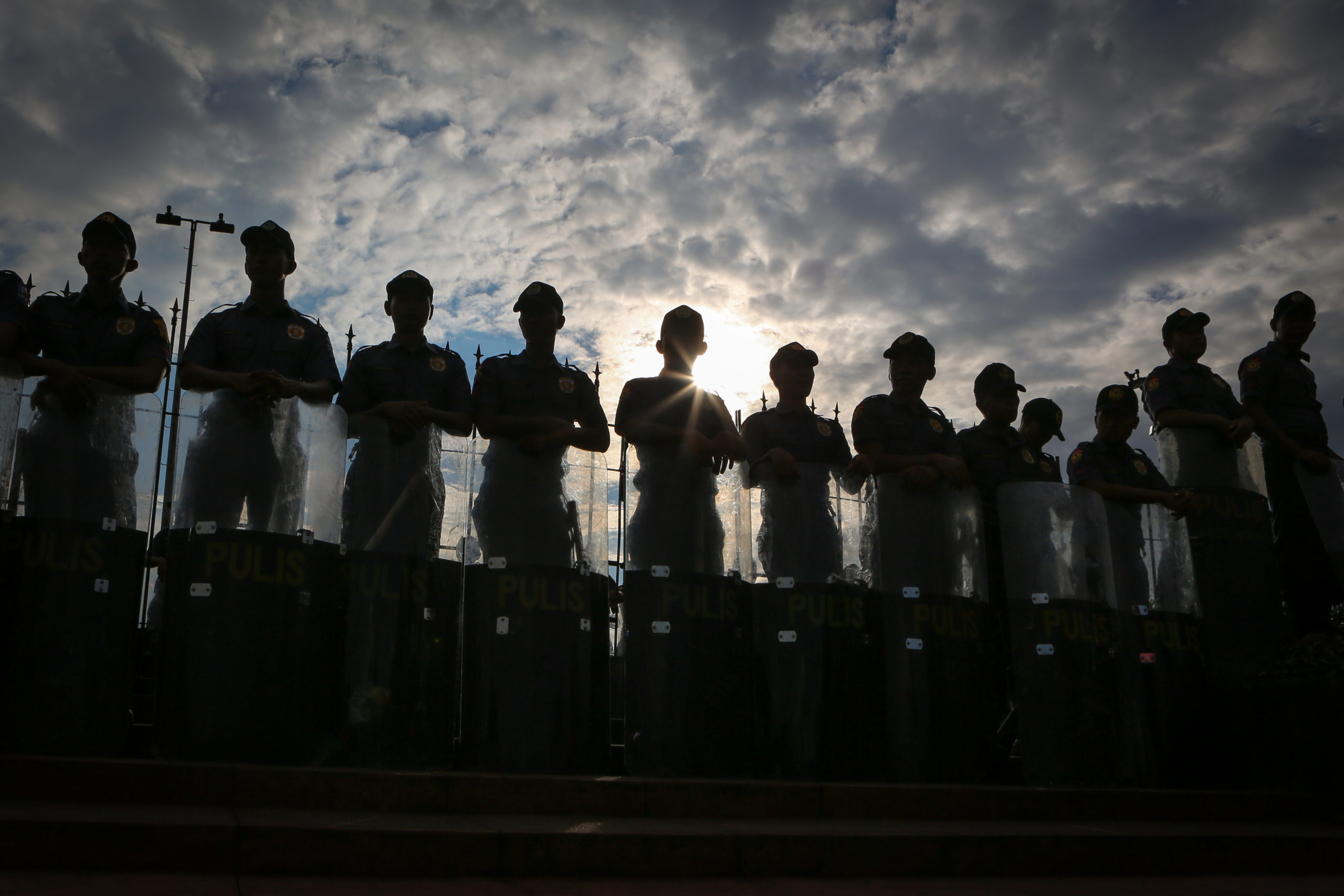The Philippine judicial and police apparatus continues to face strong criticism despite the Department of Justice’s (DOJ) review of extrajudicial killings by law enforcement officials in the so-called war on drugs. The Philippine National Police (PNP) only made less than 1% of cases available to the DOJ: in May 2021, access was granted to the records of 61 cases found to be of criminal liability by the PNP’s Internal Affairs Service (IAS).
The DOJ’s review only got underway because of pressure from international organizations. Carlos Conde of Human Rights Watch criticizes, „Even granting that the 61 cases can be considered as progress, the slow pace of the DOJ review and the evident unwillingness of the PNP to fully cooperate with the DOJ only underscore the tokenism that is at play“.
Another challenge is that witnesses, for example relatives of the victim, often fail to testify due to fear and mistrust. This was the case of 16-year-old Johndy Maglinte and his companion Antonio Dalit, who were shot dead in Laguna on June 16, 2020. The PNP IAS announced on September 6, 2021, to clear 10 of the police officers involved in the anti-drug operation because the family would not have cooperated, or their testimonies were not witnessed.
The provision of mandatory investigations when police officers are involved in operations involving fatalities is generally disregarded. According to the House Deputy Minority Leader, Carlos Isagani Zarate, this only encourages police brutality and exacerbates the state of impunity. That the power granted to the Philippine police during the so-called war on drugs are having an impact through the increase of corruption and abuse of power is also highlighted by a study of the Ateneo de Manila University.

